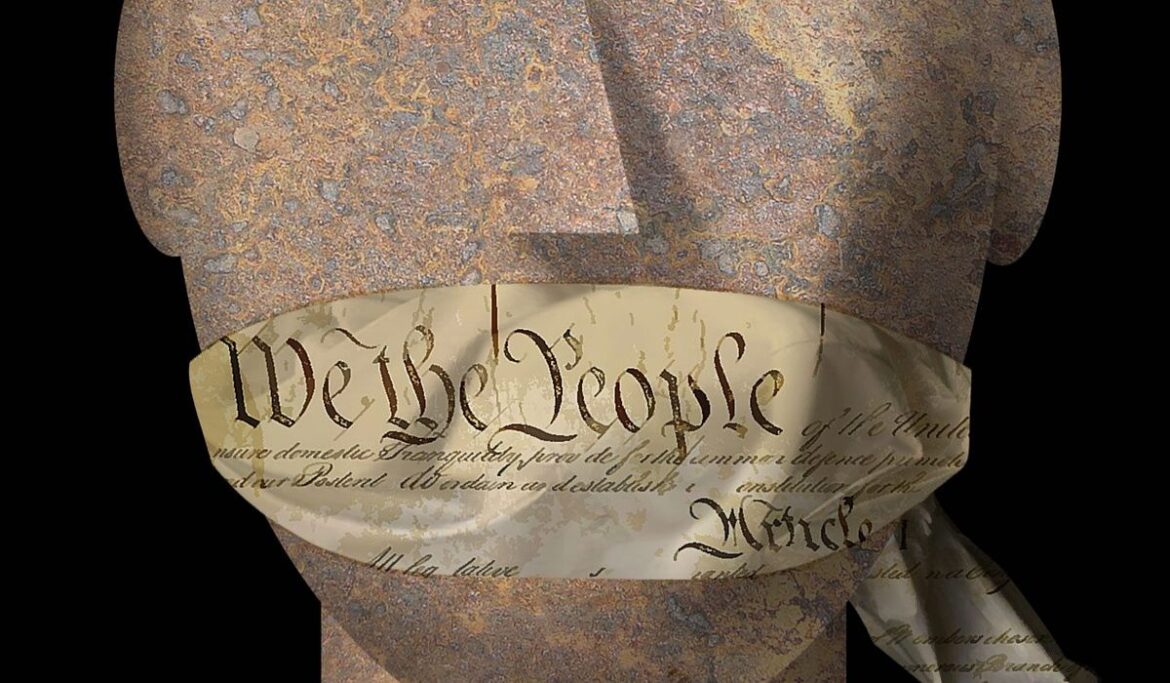OPINION:
Social media generates an endless stream of images, melodies and assertions that can be an utter delight as often as they are an unwelcome distraction. Fortunately, there has always been the freedom to shut it all out and take refuge in the inviolable realm of the mind. Until now.
Legal disputes over whether some expressions of thought should be banned, along with breakthroughs in the science of the mind, portend a treacherous future in which the heretofore private inner universe may face unwanted intrusion.
Police in Birmingham, England, earlier this month issued a citation to a pro-life advocate for praying silently near an abortion clinic. The ticket carries a fine for an unspoken appeal from the heart that Isabel Vaughan-Spruce sought to offer up to God. This, despite two previous arrests, which prompted British Home Secretary Suella Braverman to remind her compatriots that “it is worth remembering that silent prayer, in itself, is not unlawful.”
Her contention is evidently under dispute in Britain, where the bobbies feel free to disregard the professional opinion of the nation’s top law enforcement official.
Efforts to monitor musings over there were already a concern of social critic George Orwell. He warned of the consequences of attempting to regulate thought when, in “Nineteen Eighty-Four,” he wrote: “In the end we shall make thought-crime literally impossible, because there will be no words in which to express it.”
Freedom of thought and corresponding speech are under scrutiny on this side of the pond as well. In Murthy v. Missouri, the attorneys general of Missouri and Louisiana have challenged the constitutionality of the Biden administration’s purported collusion with YouTube, Facebook and Twitter (since renamed X) to censor internet posts about COVID-19 and the Hunter Biden laptop, which officials falsely labeled “misinformation.”
The Supreme Court’s decision to hear the case makes the outcome a likely First Amendment watershed — all the more so because, as the psychologist and author Jordan Peterson notes, “Freedom of speech is exactly equivalent to freedom of thought.”
Perhaps equally insidious as government-media censorship is the likelihood that similar abuse would follow scientific breakthroughs in technology that bring man and machine closer together. Such advances are already assisting patients suffering from paralysis to employ thoughts to perform everyday functions such as banking and texting on their personal devices.
But science fiction further blended with reality in 2016 when the Defense Advanced Research Projects Agency’s biotechnology office reported it created a working “brain control interface” that would allow drones or other aircraft to be controlled with thought.
Unscrupulous officialdom determined to advance beyond current censorship of speech may be unable to resist the allure of seeking to take such advances to the next level, using an interface to inspect and purify the thoughts of ordinary citizens to yield government-approved behavior. The reality is, there’s no telling what happens next if this censorship regime is allowed to continue.
Freedom of speech enshrined in the First Amendment is contingent upon freedom of thought. Were images, sounds and words inscribed upon the vast canvas of the mind to be manipulated by invisible forces, freedom — in all its expressions and practices — would be forfeited.


